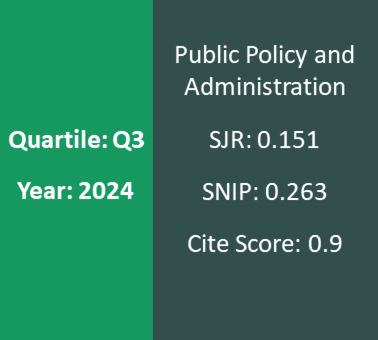The Impact of Economic Determinants on the Defence Burden in Selected NATO Countries
DOI:
https://doi.org/10.5755/j01.ppaa.21.1.30278Keywords:
economic determinants, defence burdens, NATO, ARDL modelAbstract
The paper examines the links between economic indicators and the defence burden in selected NATO countries during the period between 1980 and 2020. Three of the largest NATO spenders in terms of defence, such as Greece, Turke, and the USA, have been chosen for the investigation. The question being posed by this research is whether economic factors have an impact on the defence burden. To answer this question, the Autoregressive Distributed Lag (further ARDL) modelling has been employed. The results reveal that, in the long-run, the defence burden responds negatively to output changes in the cases of Turkey and Greece. Inflation and the number of military personnel have positive effects on the defence burden in all three countries in the long-run. While in Greece the government gross debt affects the defence burden positively, in the United States and Turkey the government gross debt affects the defence burden negatively. Moreover, the investigation has shown that defence expenditure is less affected by economic determinants in the short term rather than in the long term. The outcomes of the study could be incorporated into the economic development policies of Greece, Turkey and the USA.





